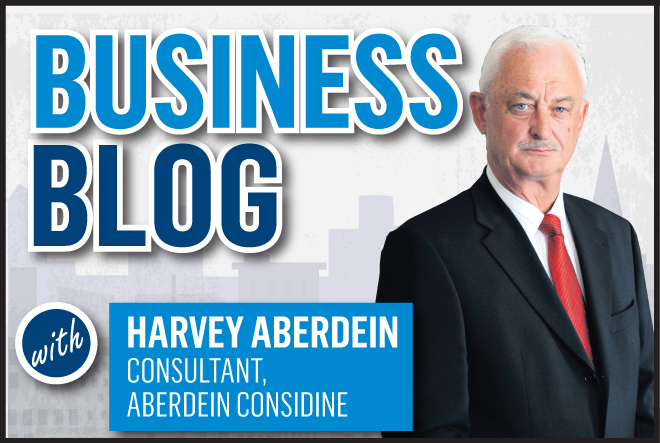There are some serious recent developments in employment law which I would draw to the attention of all employers and managers in our area.
I doubt there is a workplace in this land where someone hasn’t been the butt of a ‘fat’ joke at some point. It shouldn’t happen, even if it is light-hearted – but undoubtedly it does.
However, this is now a big problem for employers following a landmark legal ruling last year.
For those of you not familiar with the case of Karsten Kaltoft, I shall explain briefly.
Mr Kaltoft is a 5ft 7in Danish childminder who, in his 15 years in that role, has never weighed less than 25 stone.
The European Court decided, in his case, that someone who was obese could qualify as disabled if the problems caused by their obesity had a severe enough affect on their life.
Therefore, the legal position is currently that if a person’s weight causes them severe enough problems, they are legally disabled, and as such are protected from unwanted conduct connected to their weight.
This recently became a live issue for employers here in the north and north-east of Scotland following a decision in the case of Neil Bickerstaff, a morbidly obese man who was subjected to harassment connected to his weight.
In Mr Bickerstaff’s case, a tribunal in Belfast accepted that he was disabled (as per the Kaltoft ruling), and that he was harassed by a co-worker for a reason connected with his disability.
The Bickerstaff decision is the first time the Kaltoft ruling has been applied in the UK – and should act as a wake-up call for employers about the impact of disability protection being extended to the obese.
In Mr Bickerstaff’s case, a co-worker said that he was “so fat” he could hardly walk, “so fat” that he “wouldn’t feel a knife being stuck in him”, and used a variety of other derogatory comments. This behaviour lasted for years.
The Kaltoft case means that the words “so fat” need to be added to the list of things it is unacceptable to say in the workplace.
The conduct that Mr Bickerstaff had to put up with would have been unpleasant enough even if it were not connected to a disability.
The problem for employers is that they are largely liable for what their employees do during the course of their employment. I dare say that Mr Bickerstaff would have had good reason to consider constructive dismissal as a result of his employer failing to control his co-worker.
As cases of this type are now treated as disability discrimination, the consequences for employers are more serious.
In disability discrimination, an employee can claim for injury to feelings as well as loss of earnings and other claims. For a serious, sustained, and deliberate course of harassment and abuse, awards in excess of £30,000 can be made purely for injury to feelings.
To protect themselves against such claims and awards, at minimum employers will need to demonstrate that they had taken all reasonable steps to avoid such conduct.
Weight discrimination is still a novel concept, so in my view employers would be well advised to review their rules and procedures, training and monitoring to make sure their employees are well aware of the protections that obese employees may enjoy.
Beware of pension raiders
Finally, a few words on the so-called “pension revolution” – be very careful.
By giving people aged over 55 access to their pensions, George Osborne has handed over great power. But with great power comes risk and responsibility.
I found it deeply concerning to read that an investigation has been launched into claims the details of millions of people’s pensions are being sold to fraudsters and cold-calling firms.
Companies are selling data about people’s salaries, investment values and pension size for as little as 5p without their knowledge, according to a report. There are fears the data will be used to scam the unsuspecting.
By all accounts, what is happening here is not illegal. Perhaps it should be? However, it does highlight a very serious issue – people potentially opening up their pension pots to fraudsters.
I won’t labour the point about seeing a trusted adviser, but I think it is more important than ever in these circumstances.
Having had a financial services division in my firm for a number of years, I know the regulatory hurdles you have to jump to become a qualified Independent Financial Adviser. I happen to think we have some of the best impartial advisers in the business – but you might expect me to say that!
If you have spent 30 or 40 years saving for retirement, you want to be sure that you can have absolute confidence in your adviser and make sure you trust them.
After all, in financial terms you are putting the rest of your life in their hands. So ignore the cold calls. Do your homework, check the qualifications and ask around for recommendations.
Harvey Aberdein is a consultant with Aberdein Considine, a full service law firm with 19 offices throughout Scotland.
